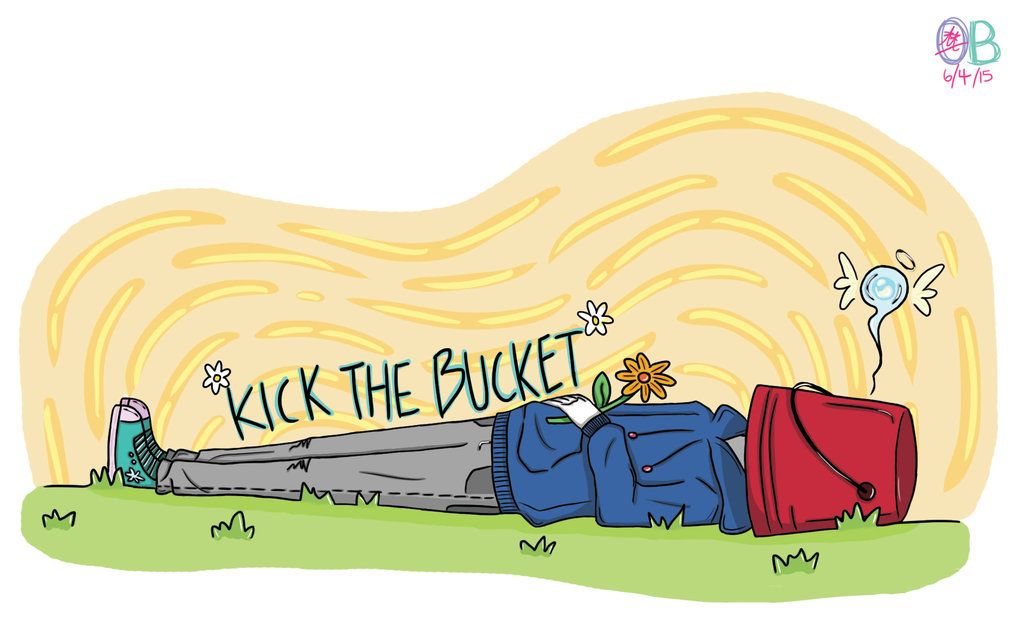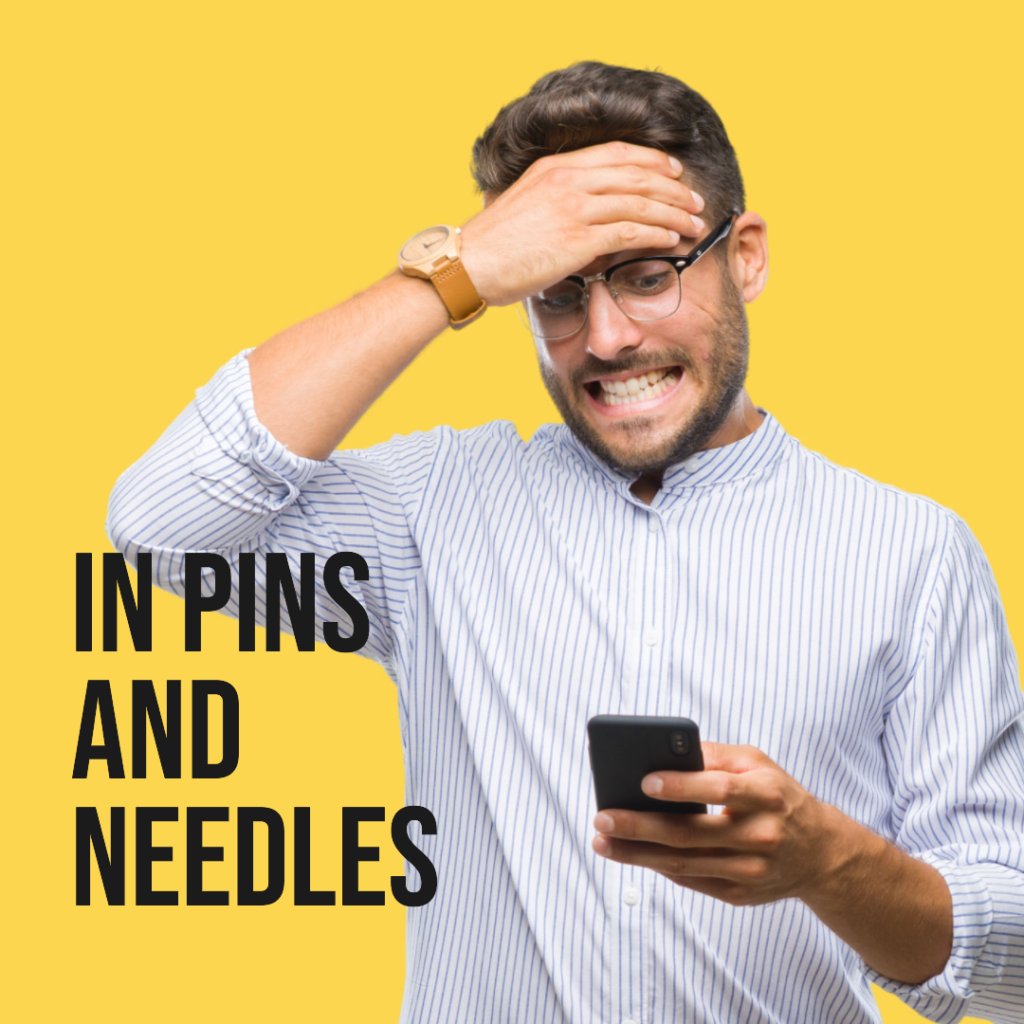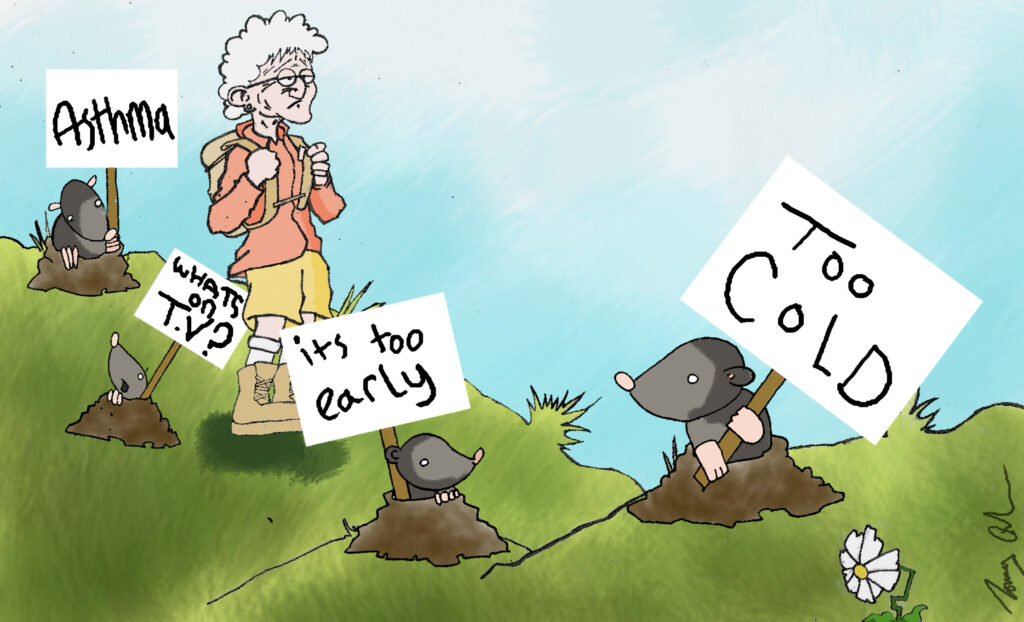Idiom 11. She had a blast. (To have a great time)
Meaning:
She had a great time or enjoyed herself.
Context:
At the concert, she danced, sang, and had a blast.
It was an unforgettable experience for her.
Conversational Chunk:
A: Hey, how was Sarah’s birthday party last night?
B: Oh, it was amazing! She had a blast.
The whole evening was filled with laughter, music, and dancing.
Everyone was having a great time, and Sarah was the life of the party.
She couldn’t stop smiling and enjoying herself.
The decorations were fantastic, and there were delicious snacks and drinks.
It was definitely a memorable celebration for her.
Explanation:
In this conversation, the idiom “She had a blast” is used to convey that Sarah thoroughly enjoyed and had a great time at her birthday party. It suggests that she had a lot of fun and made the most of the event.
Idioms 101 welcome to
Idiom 12. He kicked the bucket. (To pass away)
Meaning:
He passed away or died.
Context:
Sadly, after a long illness, he kicked the bucket. He passed away peacefully.
Conversational Chunk:
A: Did you hear about Uncle Joe?
B: Yes, it’s unfortunate. After battling with his illness for a long time, he kicked the bucket. It was a peaceful passing, but we’ll miss him dearly.
Explanation:
In this conversation, the idiom “He kicked the bucket” is used to express that Uncle Joe passed away after a long illness. It’s a euphemism for death, often used in a casual or humorous manner.

Idioms 101 welcome to
Idiom 13. They put all their eggs in one basket. (To take a significant risk by relying on one thing)
Meaning:
They invested everything in a single option or took a big risk by relying solely on one strategy.
Context:
The company invested all its resources in a single product.
They put all their eggs in one basket and took a significant risk.
Conversational Chunk:
A: Did you hear about XYZ Company’s latest business move?
B: Yes, it’s quite daring. They put all their eggs in one basket by focusing solely on that new product.
It’s a high-risk strategy, but if it pays off, it could bring them great success.
Explanation:
In this conversation, the idiom “They put all their eggs in one basket” is used to describe the company’s decision to invest everything in one product. It suggests taking a significant risk by relying solely on one option.

Idiom 14. It was a piece of cake. (To be very easy)
Meaning:
It was very easy to accomplish or complete.
Context:
She completed the puzzle in no time. It was a piece of cake for her; she found it very easy.
Conversational Chunk:
A: How did you find that crossword puzzle in the newspaper?
B: Oh, it was a piece of cake! I finished it quickly. The clues were straightforward, and all the answers came to me easily.
Explanation:
In this conversation, the idiom “It was a piece of cake” is used to express that the crossword puzzle was very easy for the person. It suggests that the task or activity was simple and didn’t pose any significant challenges.

Idioms 101 welcome to
Idiom 15. She threw caution to the wind. (To take a risk without concern for the consequences)
Meaning:
She took a risk without considering the potential consequences or risks involved.
Context:
Despite the warnings, she quit her job without having another one lined up.
She threw caution to the wind and took a risk.
Conversational Chunk:
A: Did you hear that Sarah left her job without having a backup plan?
B: Yes, she really threw caution to the wind. She took a leap of faith and left,
hoping for better opportunities. It’s a bold move, but I hope it works out for her.
Explanation:
In this conversation, the idiom “She threw caution to the wind” is used to describe Sarah’s decision to quit her job without having another one lined up. It suggests that she took a risk without considering the potential consequences or risks involved.

Idioms 101 welcome to
Idiom 16. He got his ducks in a row. (To be well-prepared or organized)
Meaning:
He prepared all the necessary things or organized everything in a proper manner.
Context:
Before the big presentation, he prepared all the necessary materials, rehearsed, and got his ducks in a row. He was well-prepared.
Conversational Chunk:
A: How did John’s presentation go?
B: It was fantastic! He really got his ducks in a row. He prepared a well-structured presentation,
had all the supporting materials ready, and rehearsed thoroughly. He was confident and delivered
his points flawlessly. It was clear that he had put in a lot of effort to ensure everything was
well-prepared.
Explanation:
In this conversation, the idiom “He got his ducks in a row” is
used to describe John’s level of preparation and organization for his
presentation. It implies that he took the necessary steps to ensure
everything was well-planned and in order.

Idioms 101 welcome to
Idiom 17. We were on pins and needles. (To be extremely anxious or nervous)
Meaning:
We were in a state of high anticipation, anxiety, or nervousness.
Context:
They were waiting for the test results, anxious and nervous.
They were on pins and needles, hoping for good news.
Conversational Chunk:
A: How did they feel while waiting for the exam results?
B: They were on pins and needles the whole time.
The anticipation and nervousness were intense.
They were really hoping for positive outcomes.
Explanation:
In this conversation, the idiom “We were on pins and needles”
is used to express the heightened state of anticipation and
anxiety while waiting for something important, in this case, exam results.

Idiom 18. She turned a blind eye. (To ignore or disregard something intentionally)
Meaning:
She chose to ignore or disregard something deliberately, often to avoid getting
involved or taking action.
Context:
Despite knowing about her friend’s wrongdoing, she turned a blind eye and chose
not to confront the issue.
Conversational Chunk:
A: Did she do anything about her friend’s unethical behavior?
B: No, unfortunately, she turned a blind eye to it. Even though
she was aware of what was happening, she decided not to address
the issue directly.
Explanation:
In this conversation, the idiom “She turned a blind eye” is used to describe
the person’s deliberate choice to ignore or overlook her friend’s unethical
behavior, despite being aware of it.

Idiom 19. He made a mountain out of a molehill.
(To exaggerate or make a small issue seem much larger)
Idioms 101 welcome to
Meaning:
Instead of calmly addressing a minor issue, he overreacted and made it seem
much bigger or more significant than it actually was.
Context:
Instead of calmly addressing the minor mistake, he overreacted and made a
mountain out of a molehill.
Conversational Chunk:
A: What happened when he realized there was a small error in the report?
B: Well, he made a mountain out of a molehill. The mistake was easily
fixable, but he blew it out of proportion and created unnecessary chaos.
Explanation:
In this conversation, the idiom “He made a mountain out of a molehill” is used to highlight the person’s tendency to exaggerate or amplify a minor issue, making it seem much more significant or problematic than it actually is.

Idiom 20. They had a field day. (To have a great time or enjoy something immensely)
Meaning:
They had a lot of fun or derived great pleasure from an activity or event.
Context:
When the store announced a massive sale, shoppers rushed in and bought everything.
They had a field day, taking advantage of the discounts.
Conversational Chunk:
A: How did people respond to the big sale at the store?
B: Oh, they had a field day! People were grabbing items left and right,
taking advantage of the amazing discounts. The store was buzzing
with excitement.
Explanation:
In this conversation, the idiom “They had a field day” is used to describe people’s enthusiastic and enjoyable experience during a sale. It suggests that they had a lot of fun and took full advantage of the discounts.

Idioms 101 welcome to
Please match the following idioms to their meanings
Answers:
a. To deliberately ignore or overlook something.
b. To die.
c. To rely entirely on one thing or take a significant risk.
d. To have a great time or take advantage of a favorable situation.
e. To act without regard for the consequences or take a risk.
f. To have a great time or enjoy oneself.
g. To be in a state of nervousness, anticipation, or suspense.
h. To be very easy or effortless.
i. To organize or prepare things in a proper or efficient manner.
j. To exaggerate or blow a small issue out of proportion.

